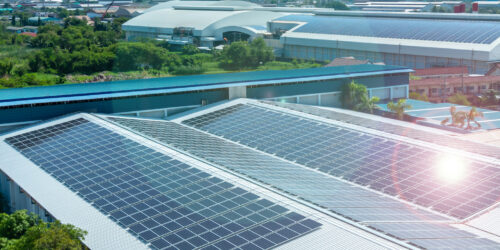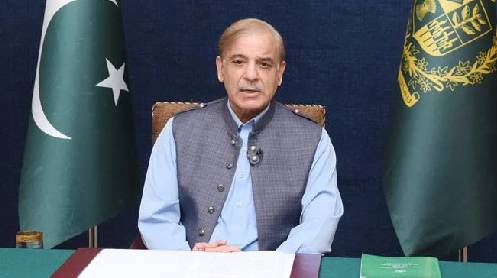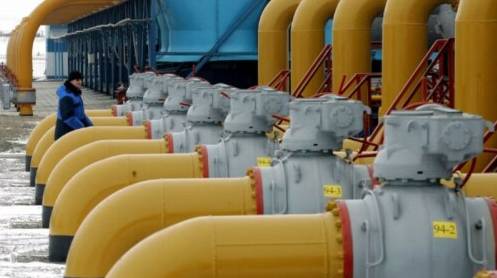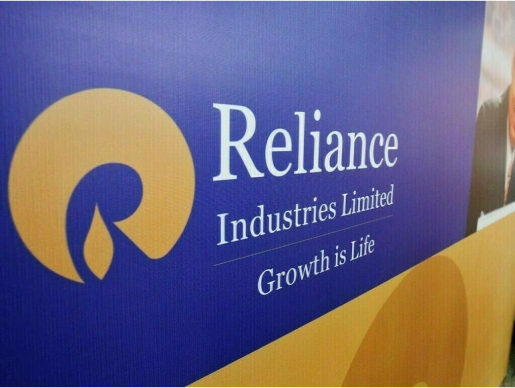In the realm of Pakistan’s power sector, a contentious debate brews between the traditional grid system and the burgeoning rooftop solar initiatives. Dr. Khalid Waleed, an esteemed authority in energy economics, delves into the intricacies of this debate and offers a roadmap for sustainable energy transition.
Pakistan witnessed a notable decrease in electricity consumption, a 10% drop from FY2022 to FY2023. While this may seem positive on the surface, it presents challenges for the National Transmission and Dispatch Company (NTDC) and Distribution Companies (DISCOs), entangled in take-or-pay contracts with power plants. The rise of rooftop solar exacerbates this scenario, potentially leading to the infamous solar duck curve, where solar energy peaks during the day and dips at night.
The historical context of Pakistan’s power sector planning reveals a pattern of short-sightedness. In response to previous crises, long-term power purchasing agreements (PPAs) were inked, contributing to today’s affordability crisis. Simultaneously, consumers turned to uninterruptible power supply (UPS) inverters, inadvertently worsening the sector’s woes.
Fast forward to today, net-metering incentives sparked a surge in rooftop solar installations. Yet, declining grid demand prompts considerations of curbing net-metering benefits. Dr. Waleed argues against such measures, highlighting the inevitability of rooftop solar’s growth, fueled by remittances and falling panel prices.
Instead of stifling rooftop solar, Dr. Waleed advocates for strategic shifts:
Mainstream Distributed Generation: Embrace distributed generation and community grids, reducing reliance on the national grid and avoiding tariff-based revenue collection.
Industrial Incentives: Encourage industrial demand alignment with solar peaks through innovative tariffs and power wheeling mechanisms, promoting cleaner energy use.
Regulatory Reforms: Update net-metering regulations, integrate DERs into the grid, and link licenses to electrification efforts, especially in rural areas.
System Visibility: Enhance system planning by capturing DER penetration data, enabling informed decisions at various horizons.
Community Empowerment: Promote community-owned solar projects, targeting marginalized groups for affordable and reliable energy access.
Dr. Waleed’s holistic approach envisions a harmonious coexistence of grid and rooftop solar, leveraging each for Pakistan’s economic, energy, and environmental prosperity.
For further insights and collaborations, reach out to Dr. Khalid Waleed at khalidwaleed@sdpi.org.
Article Contribution by Dr. Khalid Waleed, Research Fellow, Sustainable Development Policy Institute (SDPI)





